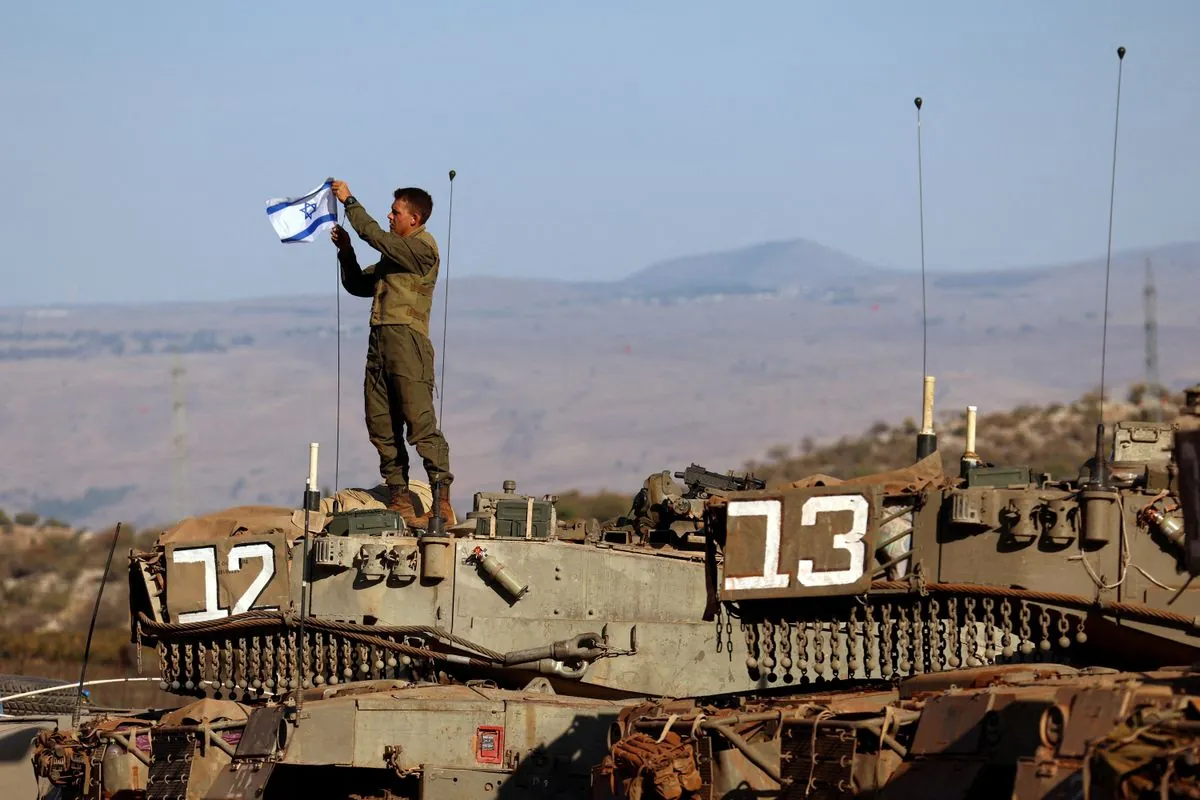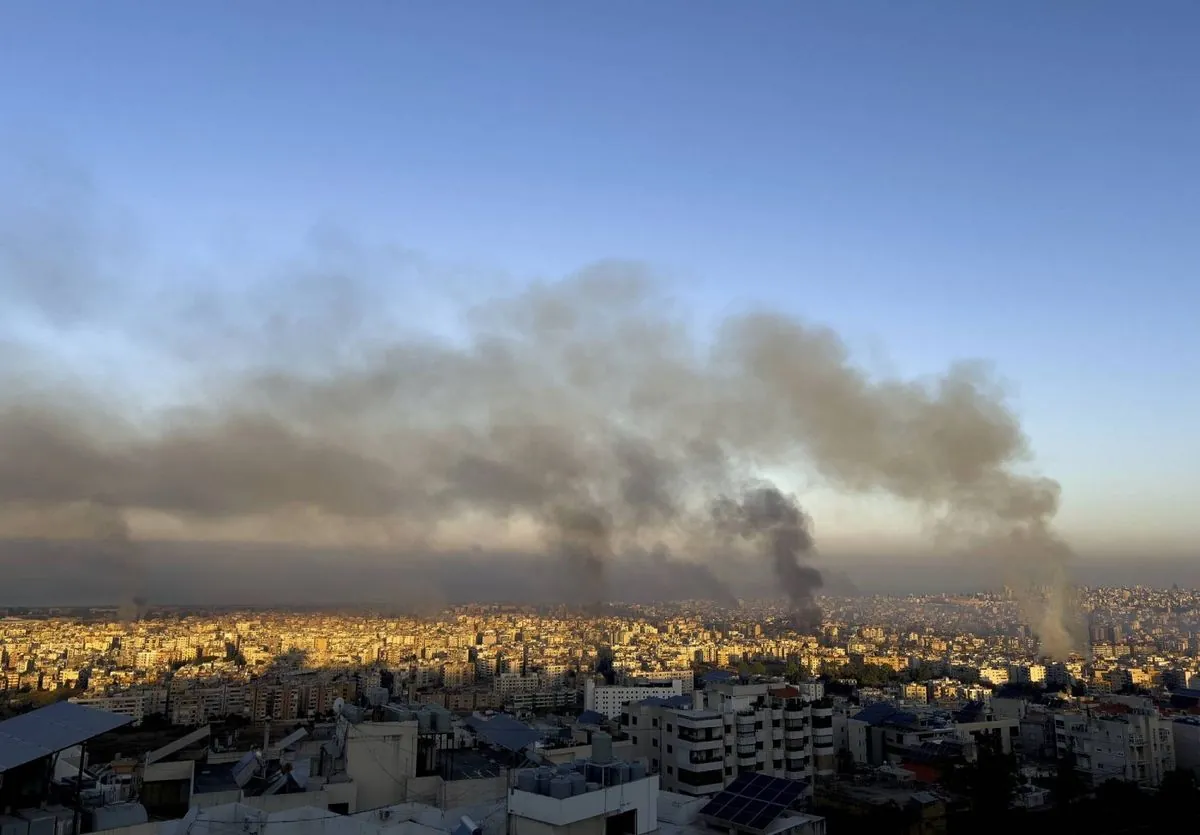Israel Mobilizes Reserves as Conflict with Lebanon Intensifies
Israeli military activates reserve battalions amid escalating tensions with Lebanon. Airstrikes hit Beirut and Bekaa Valley, while Hezbollah launches projectiles into Israel, raising fears of full-scale war.

The Israeli military has intensified its operations against Hezbollah, mobilizing additional reserve soldiers as tensions with Lebanon reach a critical point. This development comes as the conflict between the two nations, which have no formal diplomatic relations, threatens to escalate into a full-scale war.
On a recent Saturday, Israeli forces conducted strikes in southern Beirut and the Bekaa Valley, a region known for its agricultural significance and Hezbollah presence. In response, the Lebanese militant group launched numerous projectiles across northern and central Israel, as well as the occupied West Bank.
To bolster its military preparedness, Israel activated three battalions of reserve soldiers, adding to the two battalions previously deployed to northern Israel for potential ground invasion training. This mobilization reflects the seriousness of the situation along the Israel-Lebanon border, a region that has been a flashpoint for decades.

The impact of the conflict on civilians has been severe. In Beirut's southern suburbs, residents awoke to scenes of destruction following intense overnight airstrikes. Smoke rose from damaged buildings, and streets were deserted as people sought safety. The city center's shelters were overwhelmed, forcing many families to sleep in public spaces or their vehicles. A mass exodus ensued, with hundreds of people fleeing towards the mountains above the capital, carrying what few possessions they could.
"At least six people were killed and 91 were wounded. The death toll is likely to rise significantly as teams comb through the rubble of six buildings."
The Israeli military claimed to have targeted Hezbollah's headquarters in Beirut, resulting in massive explosions that leveled multiple high-rise apartment buildings. This strike, the most significant to hit the Lebanese capital in the past year, has pushed the conflict closer to all-out war.
The Lebanese Health Ministry reported that at least 720 people have lost their lives in Lebanon during the week-long conflict. This toll is expected to increase as rescue efforts continue in the aftermath of the strikes.
The current situation echoes the 2006 Lebanon War, which lasted 34 days and resulted in significant casualties and destruction on both sides. The presence of the United Nations Interim Force in Lebanon (UNIFIL) since 1978 has not prevented periodic outbreaks of violence along the Blue Line, the UN-established border demarcation between Lebanon and Israel.
As the conflict intensifies, the international community watches closely, aware of Lebanon's complex political landscape and the potential for regional destabilization. The country, still grappling with economic crises and hosting large numbers of Syrian and Palestinian refugees, faces yet another challenge to its fragile stability.
The escalation also puts pressure on Israel's advanced missile defense systems, such as the Iron Dome, as they work to intercept incoming projectiles. Meanwhile, Hezbollah's leader, Hassan Nasrallah, who has been in hiding since the 2006 war, continues to play a significant role in the group's operations and decision-making.
As both sides brace for potential further escalation, the memories of past conflicts, including Lebanon's 15-year civil war and the more recent 2020 Beirut port explosion, loom large over a population that has already endured significant hardships.


































